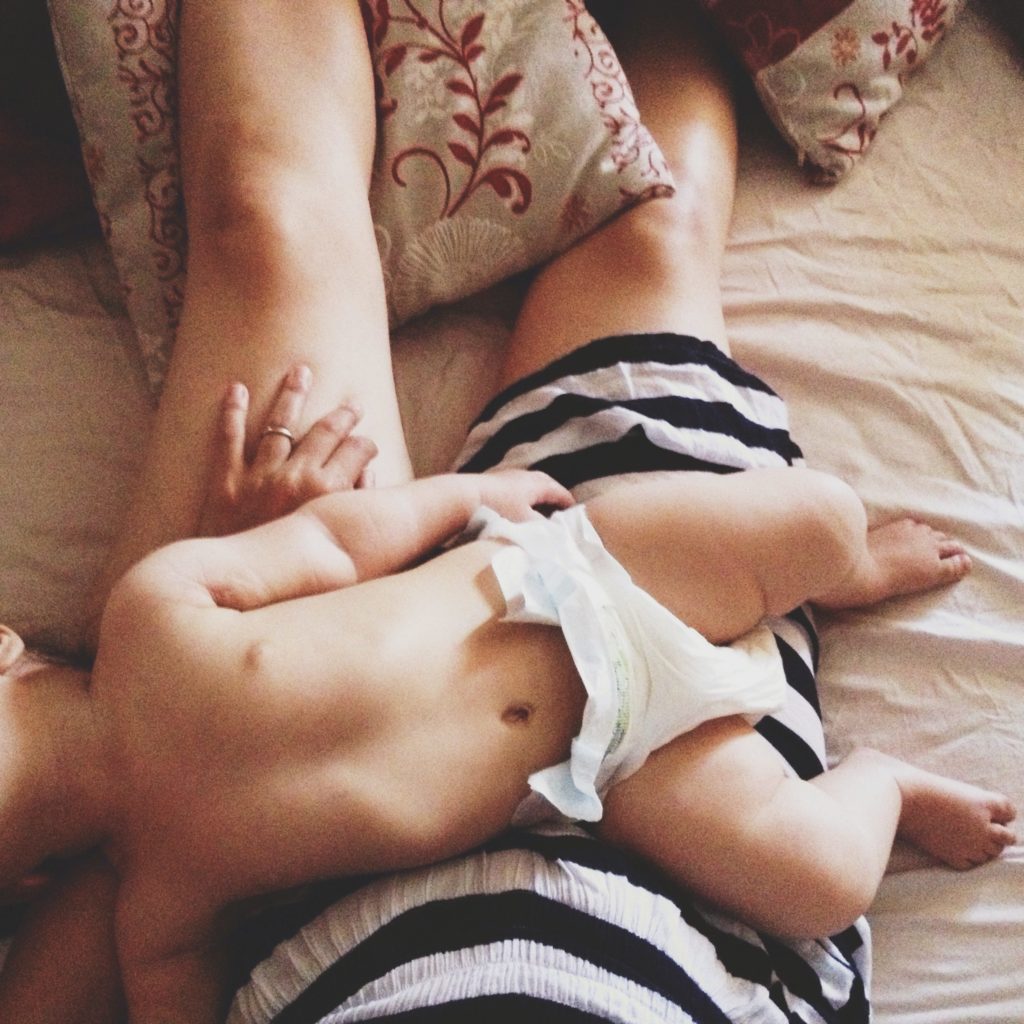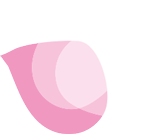
“a woman who can believe in herself, who is a fighter…is demonstrating to her daughter that these possibilities exist…” – Adrienne Rich
As mothers we have endless moments of self-doubt, wondering if we have done enough for our children, if we have given enough of ourselves that day, or have made the right choices. We judge ourselves so harshly and hold ourselves to unreasonable standards that we’ve been convinced are what is expected of us — standards that we feel we must strive to reach, no matter how far away they may seem and no matter their cost to our health.
We are urged to always show our children our best side, to be happy mamas and role models, to never show any weaknesses or negativity, even if on the inside we question every decision we make for them. We must smile each time our eyes meet theirs, and ensure they are healthy and well-dressed, brushed, clean, fed, ready, well-behaved, well-adjusted, safe, and so much more. We must always be ready for the next adventure or come up with a new activity to avoid them feeling bored or wanting in any way. We are pressured to limit their screen time yet ensure they are occupied and engaged in productive endeavors at all times. We must use every moment as a teachable experience.
We are conditioned to listen to “experts” and doubt our own instincts and experience in mothering. We push ourselves way beyond our capacity until we collapse from the sheer mental load. We struggle to attain the mirage of perfect motherhood and doubt ourselves in nearly every way. We compare ourselves with other mothers around us, and we judge and we weigh. We want things to be different, and we feel less than and grossly inadequate. In reality, this comparison is moot because what works for one of us might not work for another. We take on too much and frustrate ourselves constantly with overwhelm, self-doubt, and anxiety, feeling that what we do is not enough, who we are is not enough, can never be enough…
There is a sense of overwhelming responsibility in motherhood, and particularly in mothering in society. That said, if we can never please everyone, if there is no perfect mother, then why not just please ourselves? Why can’t we just acknowledge that we are doing our best every day? Why can’t we prioritize doing what feels right for us and for our children? Why do we worry so much about what anyone else thinks of us in our mothering? Why do we let the thoughts of others limit us? If our daughters see us question our worth, or constantly second guess ourselves as their mothers, they will learn that this is how it’s done.
Is this self-doubt what we want to model for our daughters as the women they look up to? As they grow and navigate the world around them, these little girls are our reflections; they learn so much from us. They observe with avid interest and seek to emulate us. If they were to see the way we look at ourselves and at our mothering and how we find fault in every little detail, they will learn to search for the same in themselves. They will learn to scrutinize themselves and their choices in the same cyclical manner, the same toxic manner. They will feel our tensions and worries and energy and absorb it. And in this way, we continue to perpetuate these myths of perfect motherhood, or of perfect womanhood for that matter.
We must understand that mothering is within each of us; it is a natural and powerful gift. We are the mothers our children need us to be. It is the intricacies of our mothering – the thoughts, the feelings, the efforts that make us mothers, and that form our relationships with our children. Not the obscure and unattainable expectations society dictates to us.
If our children see us ashamed of our bodies as mothers and unsatisfied with our figures and our looks, they will learn to find and focus on the faults in their own small bodies. Four children later, I reflect on the time I wasted obsessing over what to wear or how to hide parts of my body, or who said what to me when I was younger. I marvel at the power of my body now, regardless of the form it takes. I was truly blessed by Allah to have been able to birth them and hold them and hug them and feed them and raise them; my body supported and enabled me to do that, despite the soul-destroying exhaustion I felt much of the time.
I appreciate my body’s innate womanly strength and beauty and all its flaws. I no longer seek perfection, merely grace and acceptance. I honor it for all it has given me. I am gentle with it. I take care of it and pray that it continues to offer me the chance to keep going. I hope that my daughter will see this in me and know how much her body can offer her. I hope she can learn how to honor her own gifts as a woman and as a mother, herself, one day.
If our children hear us speaking negatively to ourselves and berating ourselves for every little mistake or misstep, they will learn to do so themselves. If they sense us hesitate to speak up and ask questions, they will learn this caution and apprehension, too. If they see us doubt our worth and wonder if we have a place at the table, they will develop these attitudes and shy away from opportunities, as well. If they find we avoid a challenge, they, too, will learn to run from what scares them. When someone speaks down to us or is rude and we merely accept it just to be nice or keep the peace, our children will learn to do this, too.
If we learn to approach our mothering with consciousness, thoughtfulness, and sensitivity, and grace and kindness for ourselves first, we will influence our children’s outlook on life – the outlook that shapes their futures. We must be courageous as women, as mothers. It’s time to open our hearts and our minds and trust our instincts. We have to shed this debilitating self-doubt that eats away at our inner selves and understand that each of us is not only good enough as a mother, but wondrous in our unique truths. We must see beyond the crippling doubt and the search for perfectionism and move towards our own aspirations for ourselves and for our children with power and assurance.
I trust my instincts and acknowledge freely that there are many times that I won’t know what to do, but that I will merely do my best in that given moment and not pressure myself unduly. I trust that they know that my love for them is boundless. I trust that my daughter will know that there is value in the attempt itself, and that even if supermom doesn’t exist, I am her mom, as strong and as confident as I can be. I know that so many mothers like me struggle with these issues and are constantly trying to find their way through. We second-guess ourselves at every turn, but if we were able to shed this debilitating self-doubt and anxiety and bloom in our power, a different way of mothering may lie ahead of us. Perhaps we can mother with grace for ourselves. Perhaps we can rise above the petty competitiveness among us that merely seeks to keep us down. Perhaps we can support and acknowledge each other and the effort we all put into our mothering to do what feels right for us and our children. Perhaps we can do so even if we mother differently from one another. Perhaps our daughters will be better mothers than we ever could be, perhaps they will do so because they will trust their instincts to mother more than the voice of anyone else — especially the voice of self-doubt.
